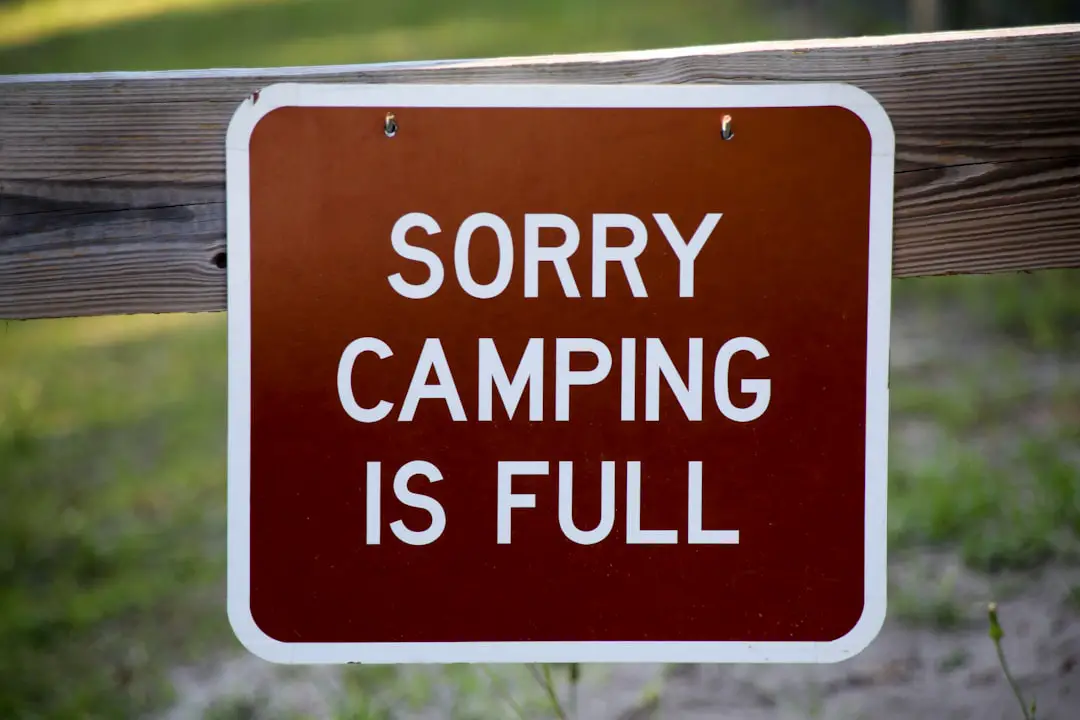Lemon laws are consumer protection statutes designed to provide remedies for purchasers of defective vehicles and certain consumer goods. These laws vary by state but generally aim to protect consumers from products that fail to meet quality and performance standards. The term “lemon” refers to a product that has significant defects that impair its use, safety, or value.
In the context of automobiles, lemon laws typically apply to new vehicles that have persistent issues that cannot be resolved after a reasonable number of attempts by the manufacturer or dealer. The origins of lemon laws can be traced back to the 1970s when consumer advocacy groups began pushing for stronger protections against faulty vehicles. As a result, many states enacted their own lemon laws, which often include provisions for refunds or replacements for consumers who find themselves stuck with a defective product.
While the specifics of these laws can differ significantly from one jurisdiction to another, they generally share common elements, such as the requirement for the defect to be substantial and the need for the consumer to provide the manufacturer or dealer with a chance to fix the problem.
Key Takeaways
- Lemon laws are consumer protection laws that provide remedies for purchasers of defective vehicles, including travel trailers.
- Lemon laws apply to travel trailers if they have substantial defects that affect their use, value, or safety.
- To qualify for lemon law protection, the travel trailer must have a certain number of repair attempts or days out of service within a specific time frame.
- Understanding the warranty coverage for your travel trailer is crucial in determining if it qualifies as a lemon under the law.
- If you have a lemon travel trailer, you should document all repair attempts, notify the manufacturer, and consider seeking legal assistance to pursue a lemon law case.
How Lemon Laws Apply to Travel Trailers
Travel trailers, like other motor vehicles, can also fall under the purview of lemon laws. These recreational vehicles are designed for travel and camping, providing a home-like experience on the road. However, when a travel trailer has significant defects that affect its usability or safety, consumers may find themselves in a frustrating situation similar to that of car buyers dealing with lemons.
Lemon laws can offer recourse for owners of travel trailers who encounter persistent issues that remain unresolved after multiple repair attempts. For instance, if a travel trailer has a recurring problem with its electrical system that causes it to malfunction during use, this could be classified as a defect under lemon law provisions. If the manufacturer or dealer fails to rectify the issue after several attempts, the owner may be eligible for a refund or replacement.
It is essential for consumers to understand that lemon laws apply not only to traditional vehicles but also to various types of recreational vehicles, including travel trailers, motorhomes, and campers.
Qualifying for Lemon Law Protection

To qualify for lemon law protection, consumers must meet specific criteria outlined in their state’s lemon law statutes. Generally, these criteria include the nature of the defect, the number of repair attempts made, and the time frame within which these attempts occurred. Most states require that the defect be substantial enough to impair the vehicle’s use, safety, or value.
Minor issues or cosmetic defects typically do not qualify under lemon law provisions. Additionally, consumers must provide the manufacturer or dealer with a reasonable opportunity to fix the defect. This often means that the owner must take the travel trailer in for repairs multiple times—usually three to four times—before they can pursue lemon law claims.
Some states also have a mileage threshold that must be met before a claim can be filed. For example, if a travel trailer has been in for repairs for an extended period or has been out of service for a certain number of days due to defects, this may also support a lemon law claim.
Understanding Warranty Coverage
| Aspect | Details |
|---|---|
| Warranty Type | Limited Warranty |
| Coverage Period | 2 years |
| Covered Items | Parts and labor |
| Exclusions | Accidental damage, misuse |
Warranty coverage plays a crucial role in lemon law cases involving travel trailers. Most new travel trailers come with a manufacturer’s warranty that guarantees certain repairs and services for a specified period or mileage. This warranty typically covers defects in materials and workmanship but may have exclusions for specific types of damage or wear and tear.
Understanding the terms of this warranty is essential for consumers seeking lemon law protection. When a defect arises in a travel trailer, it is important for the owner to refer to their warranty documentation to determine what is covered and what steps need to be taken to initiate repairs. If the defect falls within the warranty’s coverage, the manufacturer is obligated to address it at no cost to the consumer.
However, if the manufacturer fails to resolve the issue after multiple attempts, this can strengthen the case for a lemon law claim. Consumers should keep detailed records of all repair attempts and communications with the manufacturer or dealer, as this documentation will be vital in proving their case.
Steps to Take if You Have a Lemon Travel Trailer
If you suspect that your travel trailer may be a lemon, there are several steps you should take to protect your rights and pursue potential remedies. First and foremost, document every issue you encounter with your travel trailer. This includes taking notes on when problems occur, what repairs have been attempted, and any communications with the dealer or manufacturer.
Keeping detailed records will help establish a timeline of events and demonstrate that you have given the manufacturer ample opportunity to address the defects. Next, ensure that you follow all warranty procedures outlined by the manufacturer. This may involve bringing your travel trailer in for repairs at authorized service centers and adhering to any specific requirements set forth in your warranty documentation.
If repairs are unsuccessful after multiple attempts, you should consider sending a formal written notice to the manufacturer detailing your concerns and requesting a resolution under your state’s lemon law provisions. This notice serves as an official record of your complaint and can be an important step in pursuing further action if necessary.
Legal Recourse for Lemon Travel Trailers

If your travel trailer qualifies as a lemon under state law and you have followed all necessary steps without resolution, you may have legal recourse available to you. Most states allow consumers to seek remedies such as refunds or replacements through their lemon laws. The specific process for pursuing these remedies can vary by state but generally involves filing a claim with the manufacturer or dealer and potentially escalating the matter through arbitration or court proceedings.
In some cases, manufacturers may offer buybacks or replacements voluntarily if they recognize that a travel trailer is defective. However, if negotiations fail or if you believe your rights are being ignored, pursuing legal action may be necessary. It is advisable to consult with an attorney who specializes in lemon law cases to understand your options and navigate the legal process effectively.
Working with Manufacturers and Dealerships
When dealing with lemon law claims related to travel trailers, effective communication with manufacturers and dealerships is crucial. It is essential to approach these interactions professionally and assertively while remaining organized in your documentation. When presenting your case, clearly outline the issues you have experienced and provide evidence of repair attempts and communications.
Manufacturers often have dedicated customer service departments that handle lemon law claims. Engaging with these representatives can sometimes lead to quicker resolutions than pursuing legal action immediately. However, it is important to remain vigilant about your rights as a consumer and ensure that you are not being misled or dismissed during these discussions.
If you feel that your concerns are not being taken seriously or if you encounter resistance from the manufacturer or dealership, it may be time to escalate your case further.
Seeking Legal Assistance for Lemon Law Cases
Navigating lemon law cases can be complex and challenging, particularly when dealing with large manufacturers or dealerships that may not prioritize consumer rights. For this reason, seeking legal assistance from an attorney who specializes in lemon law can be invaluable. An experienced attorney can help you understand your rights under state law, evaluate your case’s merits, and guide you through the process of filing a claim.
Legal representation can also provide leverage when negotiating with manufacturers or dealerships. Attorneys familiar with lemon law cases often have established relationships with industry players and understand how to effectively advocate for their clients’ interests. They can assist in gathering necessary documentation, preparing legal filings, and representing you in arbitration or court if needed.
Ultimately, having knowledgeable legal support can significantly enhance your chances of achieving a favorable outcome in your lemon law case involving a travel trailer.
If you are considering purchasing a travel trailer and are concerned about potential issues, you may want to look into whether there is a lemon law that applies to these types of vehicles. In a related article on TakeTravelInfo, they discuss the importance of having a reliable universal travel adapter for your spring 2025 adventures. This article highlights the necessity of being prepared for any situation while traveling, just like being prepared for any potential issues with a travel trailer. Check out the article here.
FAQs
What is a lemon law for travel trailers?
A lemon law for travel trailers is a law that provides consumers with protection if they purchase a defective travel trailer. It allows consumers to seek a refund, replacement, or repair if the travel trailer does not meet certain standards of quality and performance.
Does the lemon law for travel trailers apply to all states?
Lemon laws for travel trailers vary by state, and not all states have specific lemon laws for travel trailers. Some states may include travel trailers under their general lemon laws, while others may have specific provisions for recreational vehicles.
What are the typical requirements for a travel trailer to be considered a lemon?
The specific requirements for a travel trailer to be considered a lemon vary by state, but generally, the travel trailer must have a substantial defect that affects its use, value, or safety. The defect must not be repairable after a reasonable number of attempts by the manufacturer or dealer.
What should I do if I believe my travel trailer is a lemon?
If you believe your travel trailer is a lemon, you should first review your state’s lemon law to understand your rights and options. You may need to document the issues with your travel trailer and attempt to have it repaired by the manufacturer or dealer. If the issues persist, you may need to pursue legal action or arbitration.
Are there any limitations to the lemon law for travel trailers?
Limitations to the lemon law for travel trailers may include specific timeframes for reporting defects, requirements for notifying the manufacturer or dealer, and limitations on the types of defects that are covered. It’s important to review your state’s lemon law to understand any limitations that may apply.
